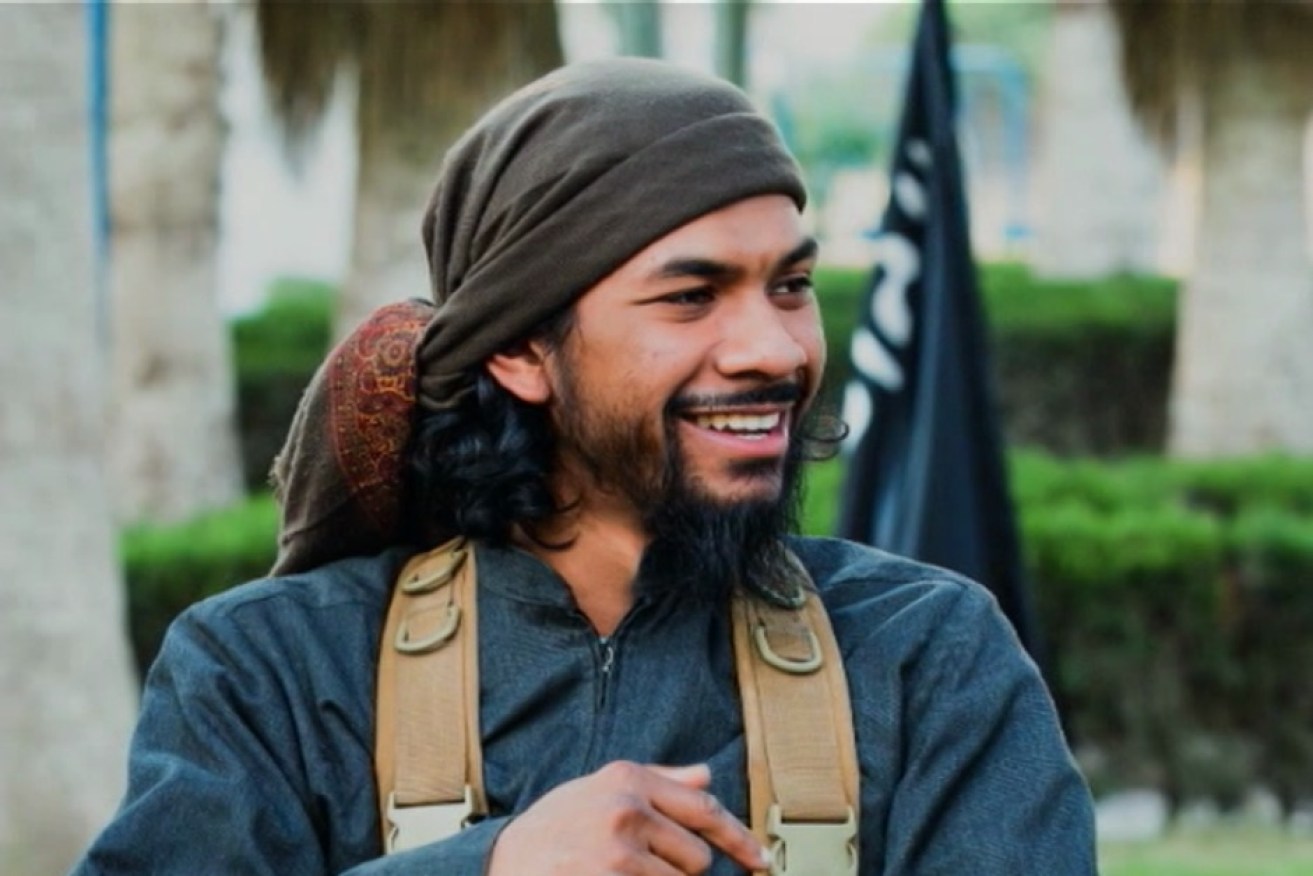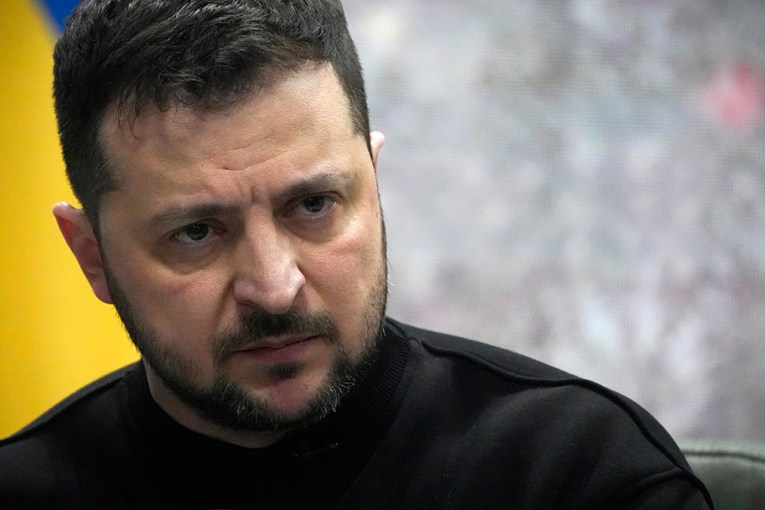Plan hatched to extradite ‘most wanted terrorist’

Prakash is set to face a raft of terror-related charges. Photo: ABC
Australia has formally applied for the extradition of “back-from-the-dead” Neil Prakash, with the intention of him being transported to Melbourne to face terror-related charges including joining Islamic State, inciting violence and plotting attacks on the nation.
Until last week, the Australian government had accepted American military intelligence that Prakash, 23, was killed in a targeted drone strike in April alongside other ISIS fighters in the Iraqi city of Mosul.
Justice Minister Michael Keenan yesterday confirmed Prakash, dubbed “Australia’s most wanted terrorist” was in detention in Turkey.
It has been revealed Prakash, who had been on an American military “kill list”, was only wounded in the drone strike and several weeks ago was detained after trying to cross the Turkish border.
A spokesperson for Mr Keenan said it would take time for the extradition application to be processed.

Prakash called for lone-wolf attacks on the United States. Photo: ABC
“We are conscious that this individual has been arrested by Turkish authorities and their processes need to be respected and allowed to be completed,” the spokesperson said.
“Australia will collaborate closely with Turkish authorities in accordance with law.”
Counter-terrorism experts have warned that any extradition process to repatriate and prosecute Prakash would likely be a difficult and long exercise.
Dr Roger Shanahan, a research fellow with the Lowy Institute, told the ABC that there were suspicions in June that Prakash was still alive.
“Reports started to leak out that he was active again on social media, so people thought that perhaps he hadn’t been killed,” he told AM.
“We are talking about a very fluid battlefield where it’s very difficult to get reliable information. This is just one of those things that happened in the confusion of the battlefield.”
Prakash has a reputation for using social media to promote his cause, including coaxing other Australians and English speakers to carry out attacks.
The extradition process may be slowed by the fact that Australia is just one of many countries with intelligence organisations who want to question Prakash about IS and those who work for it.
Levi West, the director of terrorism studies at Charles Sturt University said: “There is a few requirements in order for an extradition to take place: one is that you have is an extradition treaty — which Australia has with Turkey — and another component is to make and build a case that is likely to proceed to prosecution successfully.
“Given the volume of content Prakash has created of his own volition on both video and audio getting that case for prosecution is a reasonably straightforward exercise.”
‘Using cyberspace to promote evil ideology of IS’
Terror expert Greg Barton from Deakin University said Prakash’s role as a propagandist targeting recruits in Western countries meant his capture could provide an invaluable opportunity to Australian and other Western authorities.
“One of the strange dynamics of Islamic State is that people absent from Australia have been having a big role in the lives of people back home,” he told the ABC.
“So getting to understand that better may actually be able to save people who are in the process of being groomed and recruited.”
Prime Minister Malcolm Turnbull told Parliament in May that Prakash “used cyberspace to promote the evil ideology” of IS “and recruit Australian men, women and children — many of whom are either still in the conflict zone or dead”.
“Prakash and others ruthlessly target and groom our children — vulnerable children — with hateful propaganda of terrorism which perverts the religion of Islam,” he said.
Turkey has reportedly been negotiating a handover with several countries wanting to question Prakash, including Australia and Israel.
https://twitter.com/Tim_Beshara/status/802011666984488960
The federal government announced in May that Prakash was killed in a US airstrike in Mosul, describing it as a significant blow to the group’s recruitment of Australians.
The Melbourne extremist had been a key player in inspiring violent terrorism in Australia and was reportedly involved in foiled terror plots at Anzac Day commemorations in 2015 and 2016.
Prakash was described by Attorney-General George Brandis as “the principal Australian reaching back from the Middle East into Australia”.
Mr Brandis also warned Prakash had called for lone-wolf attacks against the United States.
“He has appeared in ISIL propaganda videos and magazines and has actively recruited Australian men, women and children, and encouraged acts of terrorism,” Senator Brandis said in May.
https://twitter.com/Tim_Beshara/status/802015894238990336
Prakash also apparently had some influence on Numan Haider, the 18-year-old who was killed after stabbing two police officers in Melbourne in 2014.
Who is Neil Prakash?
- Neil Prakash, 23, is of Fijian-Indian and Cambodian background, and attended Melbourne’s controversial Al-Furqan Islamic Centre after converting
- He is believed to have left for Syria in 2013, where he changed his name to Abu Khaled al-Cambodi and was put on a US kill list
- He was linked to several Australian-based attack plans and calls for lone-wolf attacks against the US
- Prakash has also appeared in IS propaganda and was chief recruiter for Islamic State
- Paul Maley, the national security editor of The Australian newspaper, said Prakash was “a lonely lost sort of a guy, he was a gang member, he had a problem with drugs, he was a failed hip hop artist”







